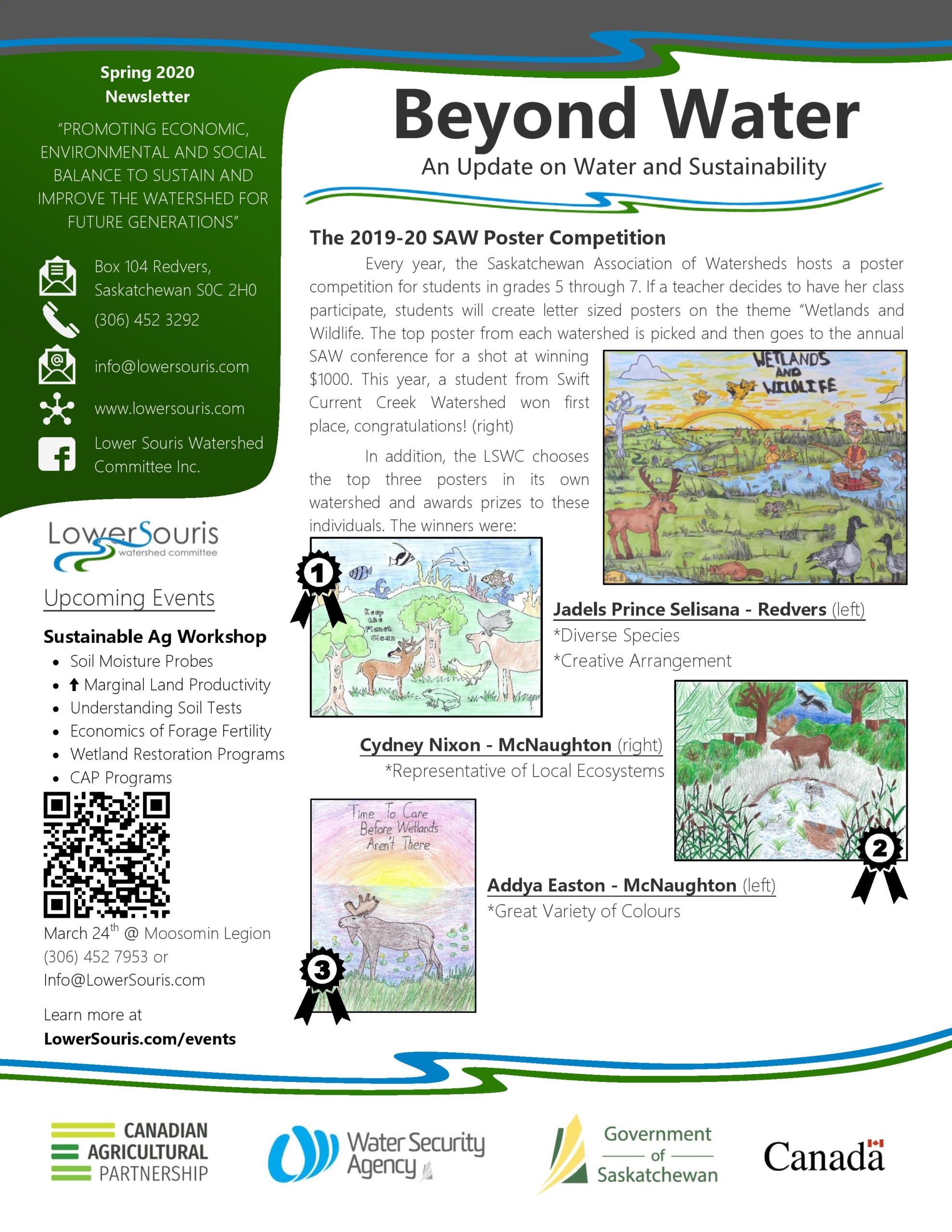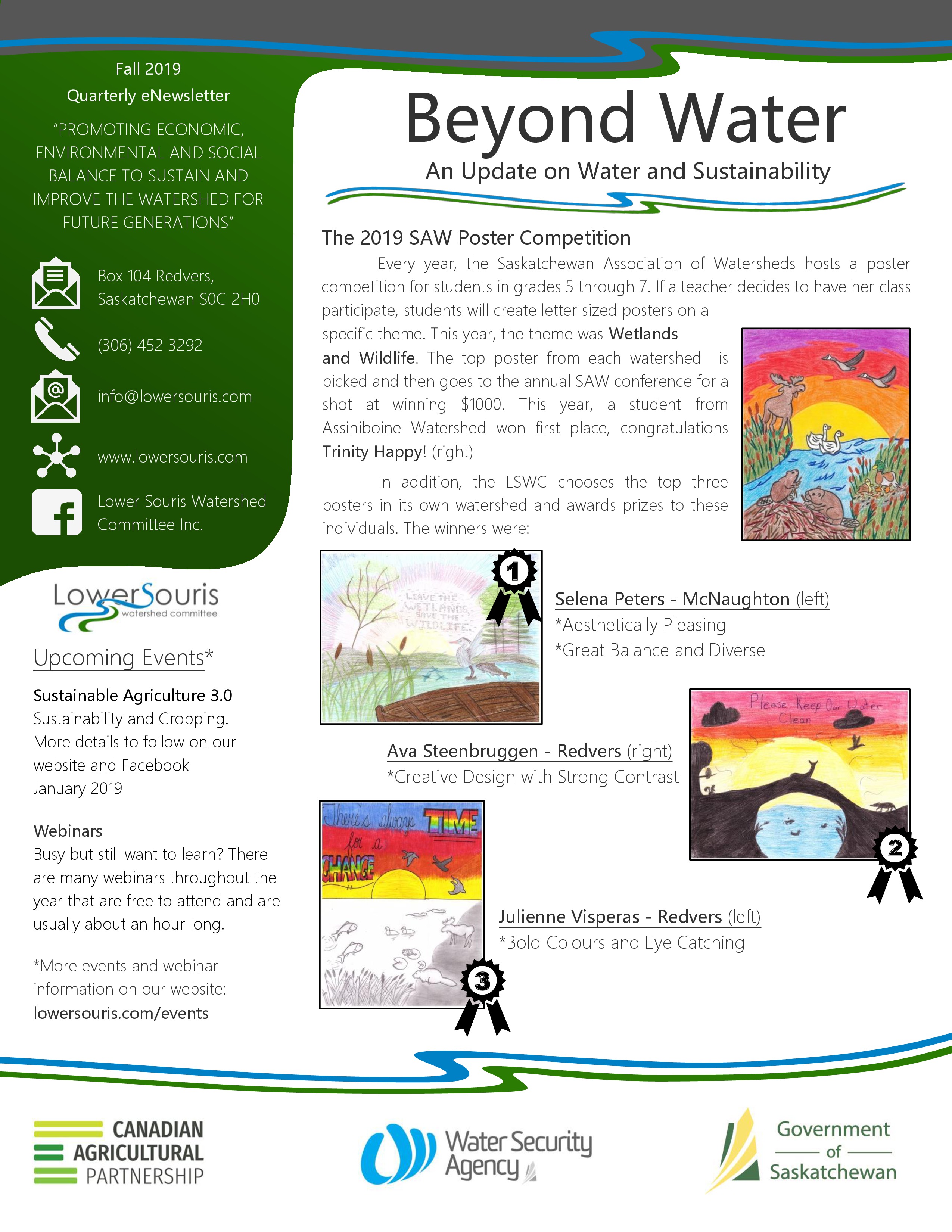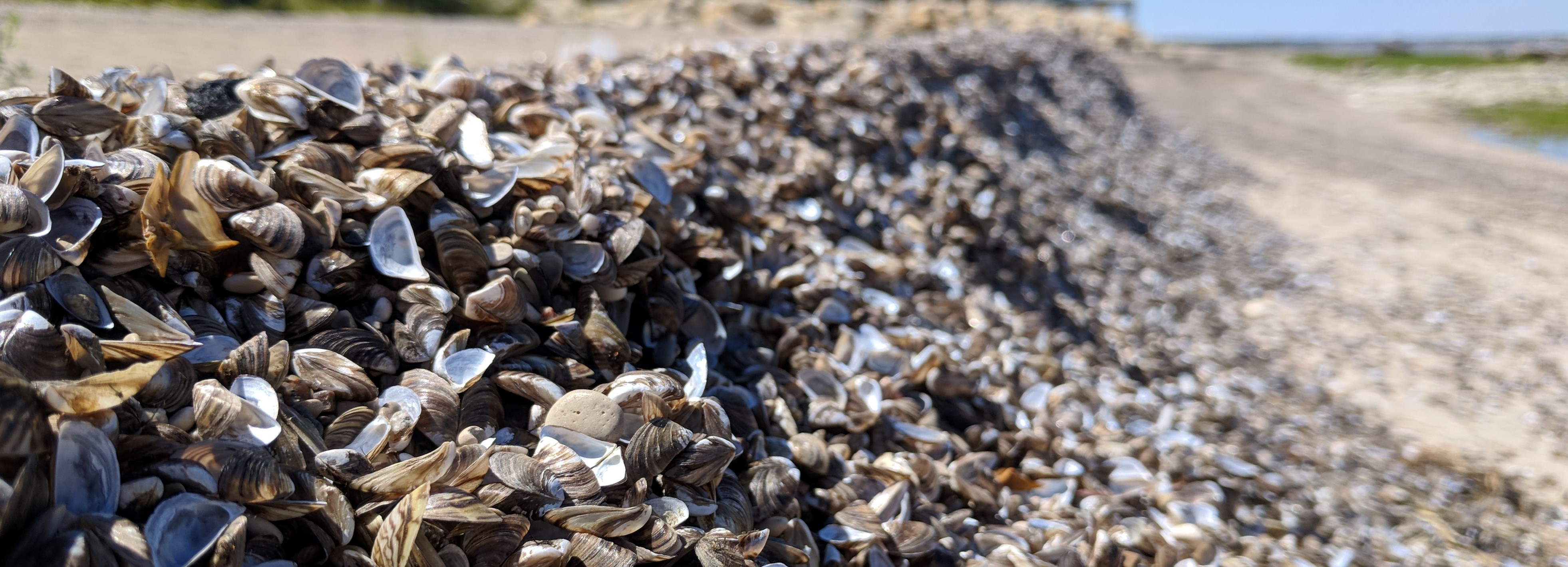
Every year, my girlfriends family rents a cabin at Lake Winnipeg for two weeks, and I try to visit for at least one weekend. The first time I went out there was about 3 years ago. Lake Winnipeg is a large shallow lake, and “swimming” often consists of walking out 50 meters at waist height depths before it is actually deep enough to swim. I remember walking out, swimming, splashing, and having lots of fun. I also remember being shocked by how many small cuts I had on my feet once I got back to shore. I must have been bleeding from at least 15 tiny cuts, and although they did not hurt, it was shocking and weird to see.
This year, I went out again and the culprits behind the cuts had exposed themselves. Washed up in huge lines along the beach were millions of tiny shells striped brown and black. Lake Winnipeg was infested with Zebra Mussels, and the shells were now washing up on shore in huge numbers. In addition to these mass deposits of shells, they were also mixed in with the sand and rocks, sitting in groups in shallow waters, and unseen to me, they were attached to the equipment in the MB Hydro dams, boats, and almost any solid surface underwater. There are so many devastating impacts due to invasive species such as zebra mussels, and our only method of dealing with them is prevention. It is imperative that we keep our waters free of invasive species for as long as we can. The damages are devastating to the environment, our wallets, and our lives. Here are some quick facts relating to zebra mussels:
- Beaches with smooth sand can be littered with millions of shells, rendering them unusable to families.
- Zebra Mussels eat “good” algae which allows sunlight to fuel larger “bad” algal blooms and weed growth. These blooms of “Bad” algae can lead to toxin’s in water, skin irritation, strong odors, and declines in fish populations.
- “Good” algae is also a food source for fish and other animals, impacting populations of predatory fish and the fishing industry.
- Zebra mussels are devastating to native mussels. It is common for native mussel populations to drop 90% within 10 years of the introduction of zebra mussels
- Zebra mussels damage machinery, dams, water treatment plants, and have a huge economic burden. Zebra mussels have cost the North American economy billions of dollars.
- To try to reduce the spread of zebra mussels, it is mandatory for individuals transporting boats to stop at an inspection station and submit to inspection. Failure to do so will result in a $500 fine. Illegal transport of aquatic invasive species is also a $500 fine.
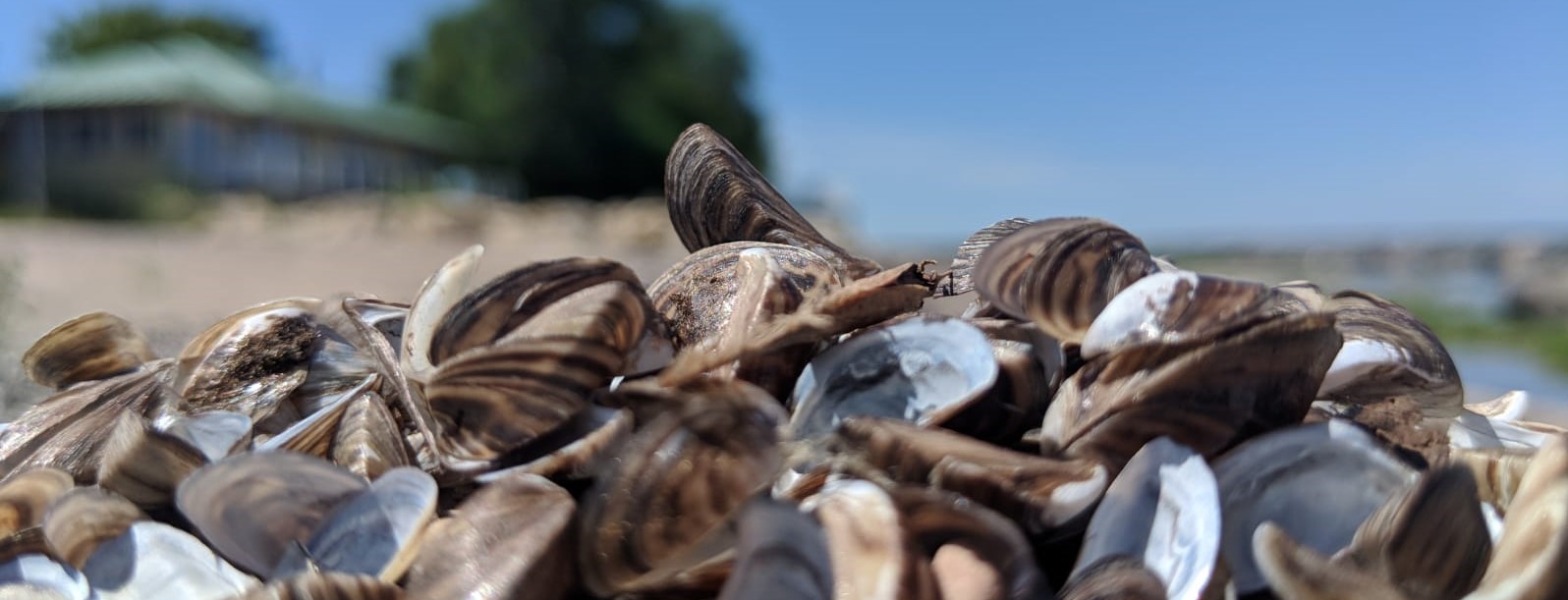
* All photos were taken July 21st, 2018 during my visit
** In this article I have been talking solely about zebra mussels, however there is another species called Quagga Mussels that are very similar. They share a similar appearance, however they do not require a hard surface to grow on. They are another species we need to watch out for.
*** When I refer to “Bad” algae, I am talking about cyanobacteria or blue-green algae, a species of algae which has many traits that make it more problematic towards fish and wildlife populations as well as having negative impacts for humans. There are many types of algae which are more beneficial for the environment and humans.
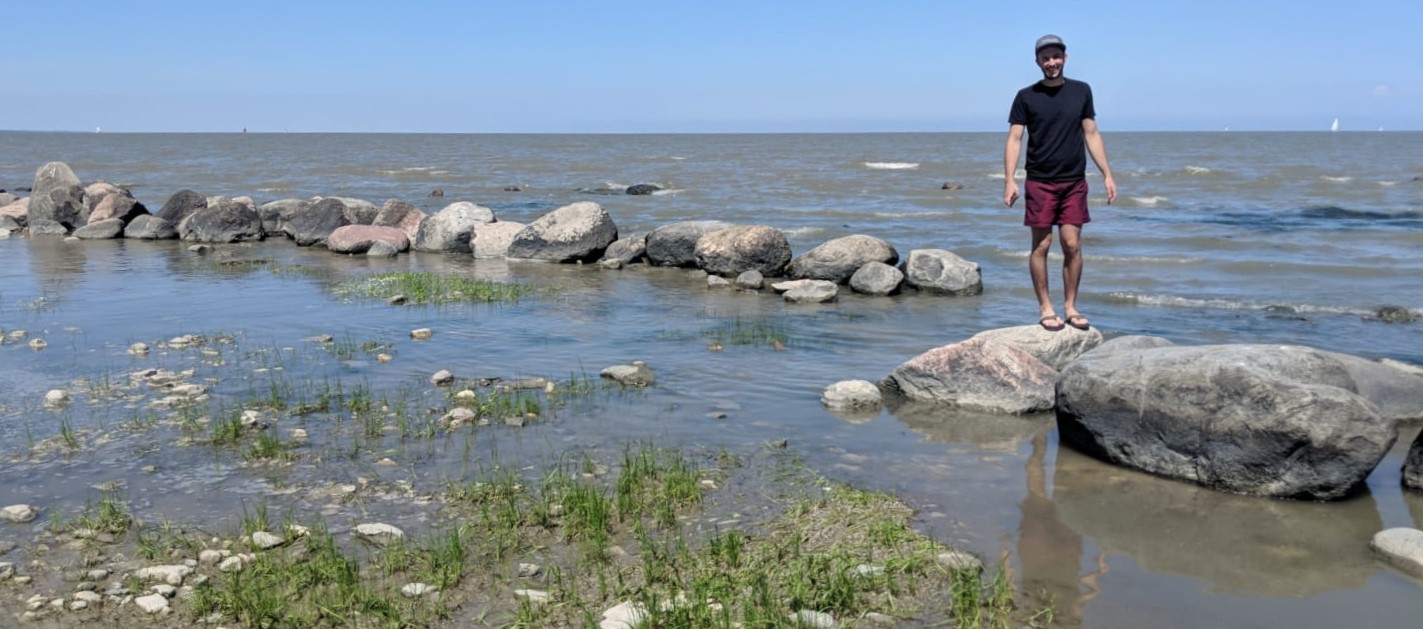
Written by Daniel Phalen, July 23rd, 2018
Photos by Daniel Phalen and Melanie McGillis

